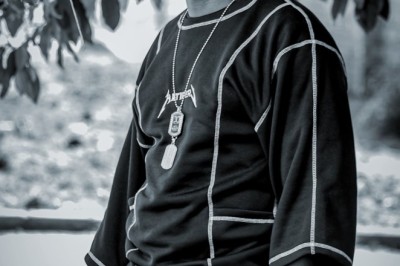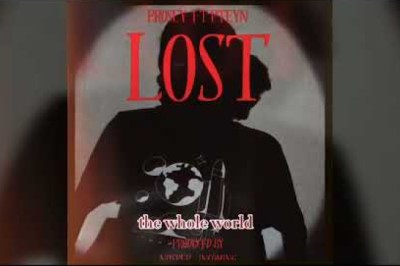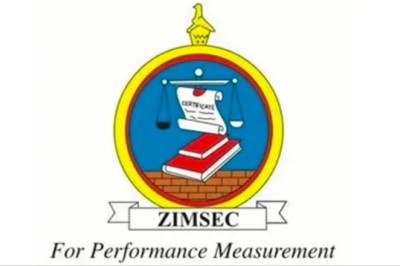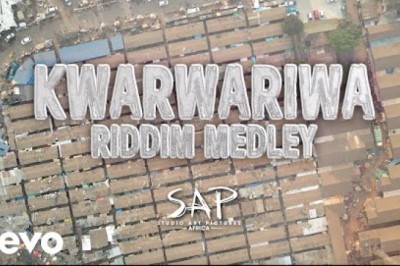
Mangwana Criticises The U.S. For Sanctioning 13-year-old Gamuchirai Chinamasa
Zimbabwe’s permanent secretary of Information, Publicity and Broadcasting Services, Nick Mangwana, has criticised the United States of America for placing a 13-year-old Gamuchirai Chinamasa on the sanctions list saying the move was unjustifiable.
Gamuchirai Chinamasa, the daughter of former Finance Minister Patrick Chinamasa, is among 17 individuals who were removed from the list of Specially Designated Nationals and Blocked Persons (SDN) earlier this month.
The U.S. said, “CHINAMASA, Gamuchirai, 2 Honeybear Lane, Borrowdale, Zimbabwe; DOB 11 Nov 1991; Passport AN634603 (Zimbabwe); Child of Patrick Chinamasa (individual) [ZIMBABWE]” had been delisted from the sanctions list.
In response, Mangwana said:
So Gamuchirai Chinamasa was placed under Sanctions at the age of 13. She had committed no offense against anyone nor any human right violation. But clearly, here we have her human rights and child rights ironically brazenly violated in the process. Let’s see you justifying it.
Commenting on the development on Twitter, Chinamasa expressed outrage that his daughter, Gamuchirai, was sanctioned when she was just 13 years old. He said:
The United States Authorities imposed sanctions against Gamuchirai when she was only 13 years old. Someone needs to explain to me how a 13-year-old girl child can pose a threat to the global security interests of the sole World Super Power, the Mighty USA.
Further someone needs to explain not only to me but to the Wider World how a 13 year old girl child can be sanctioned on the basis that she violated human rights. I am sure Hopewell Chin’ono can help explain.
Ndinoyambira (I wish to advise) political activists who are on the beck and call of Western Countries not to swallow hook, sinker and line the propaganda churned out by Western Imperial Forces on the subject of Human Rights. They don’t mean what they say .They don’t practise what they tell you.
Meanwhile, in a statement accompanying the sanctions review, the US said; “…sanctions are not intended to be permanent but to incentivize changes in behaviour.”
The U.S. added that each removal is based on a thorough review and is part of an ongoing effort to keep the sanctions program current, focused, and relevant.
Sanctions were initially imposed on the southern African country at the turn of the millennium following the fast-track land reform programme during which gross human rights violations were reported.
The U.S. government and its allies have been renewing the restrictive measures yearly since then.
























Facebook Conversations